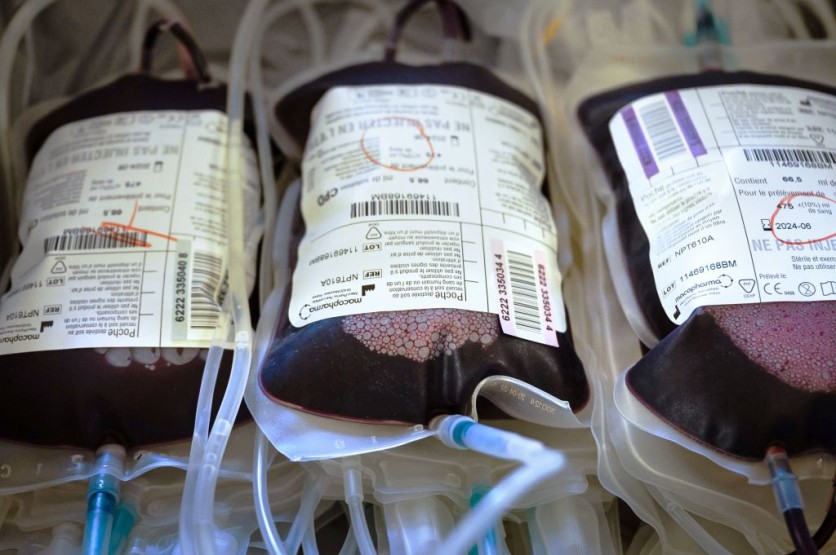Alzheimer's disease is usually diagnosed in patients when they start to display well-known symptoms, like memory loss. However, studies have revealed that Alzheimer's is already present years before symptoms of cognitive decline appear.
One of these symptoms is the formation of oligomers, which are microscopic aggregates of misfolded amyloid beta proteins. These "toxic" oligomers of amyloid beta are believed to contribute to the progression of Alzheimer's disease over time through a process that scientists are still trying to comprehend.

SOBA
A group of scientists at the University of Washington has created a lab test that can count the number of amyloid beta oligomers present in blood samples, as per a press release.
Their technique, known by the abbreviation SOBA, was able to identify oligomers in the blood of Alzheimer's patients, but not in the majority of participants in a control group who were cognitively normal at the time the blood samples were taken.
However, 11 members of the control group had oligomers found in their blood by SOBA. Ten of these people had follow-up examination data, and all had minor cognitive impairment or brain pathology that was compatible with Alzheimer's disease years later.
In essence, SOBA had detected the harmful oligomers in these Ten individuals before symptoms materialized.
The soluble oligomer binding assay, or SOBA, takes advantage of a special quality of the hazardous oligomers. Amyloid beta misfolded proteins create an alpha sheet as they start to group into oligomers.
Since they are uncommon, alpha sheets prefer to attach, according to an earlier study by the team.
The test subsequently confirms that the oligomers adhered to the test surface are formed of amyloid beta proteins using conventional techniques.
Examining Blood Samples
The group examined SOBA using blood samples from 310 research participants who had previously consented to the use of their blood samples and some of their medical information for Alzheimer's research.
The subjects had no history of dementia, Alzheimer's disease, mild cognitive impairment, or any other type of cognitive impairment when the blood samples were retrieved from them.
Individuals with mild cognitive impairment and moderate to severe Alzheimer's disease had oligomers found in their blood by SOBA.
The diagnosis of Alzheimer's disease in 53 cases was confirmed by autopsy after the research subject had passed away, and toxic oligomers were found in the blood of 52 of them in samples collected years before their deaths.
Records indicate that SOBA also found oligomers in control group participants who later experienced modest cognitive impairment. Blood samples from other control group members who didn't suffer any impairment lacked toxic oligomers.
To transform SOBA into a diagnostic test for oligomers, the team is collaborating with scientists at AltPep, a University of Washington spinout firm.
"We believe that SOBA could aid in identifying individuals at risk or incubating the disease, as well as serve as a readout of therapeutic efficacy to aid in development of early treatments for Alzheimer's disease," senior author Valerie Daggett said in a statement.
The findings of the study were published in the Proceedings of the National Academy of Sciences.
Related Article : Alzheimer's Drug Helps Slow Down Development-Eisai, Biogen Proves in Clinical Trial

ⓒ 2025 TECHTIMES.com All rights reserved. Do not reproduce without permission.




